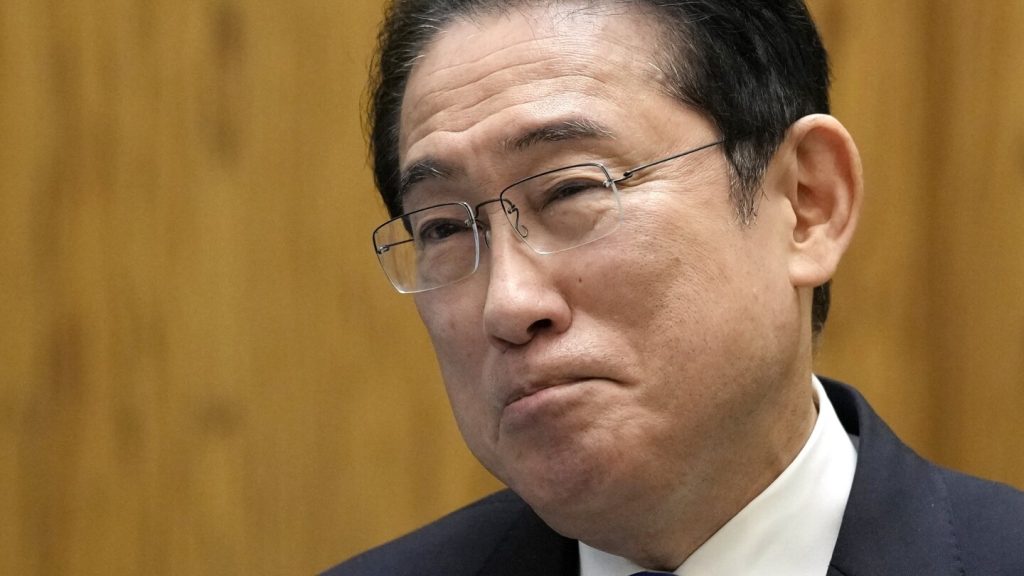Japanese Prime Minister Fumio Kishida expressed his intention to enhance military and weapons development cooperation with the United States and other countries like the Philippines during an interview on Friday. As he prepares for a visit to the U.S. to meet with President Joe Biden, Kishida emphasized the importance of defense industry cooperation and the need to improve deterrence and response capabilities within the Japan-U.S. alliance. He highlighted the promotion of security cooperation in defense equipment and technology to strengthen deterrence capability through multi-layered networks of cooperation.
Kishida’s upcoming trip to the U.S. on April 8-14 includes talks with Biden at the White House and a trilateral summit with Philippine President Ferdinand Marcos Jr. Japanese officials are eager to showcase a strong Japan-U.S. alliance, with a focus on deepening security and defense ties, as well as expanding arms co-development. Since adopting a more expansive national security strategy in 2022, Kishida’s government has taken steps to accelerate the country’s military buildup, particularly in response to China’s increasing assertiveness, which Japan views as a security threat. Kishida has committed to doubling defense spending to enhance deterrence capabilities.
Japan has been working to acquire a “counterstrike” capability, including purchasing U.S. Tomahawk long-range cruise missiles, relaxing export guidelines, and allowing the overseas sales of a fighter jet co-developed with the U.K. and Italy. Changes in export regulations also enabled Japan to ship PAC-3 missiles to the U.S. to support operations in Ukraine. The upcoming discussions between Kishida and Biden are expected to include establishing a unified command on each side, enhancing interoperability, and launching a new framework for weapons co-development. The three leaders will also focus on strengthening security cooperation with the Philippines amid rising tensions over territorial disputes in the South China Sea.
In response to concerns about China’s aggressive actions in the South China Sea, Biden aims to demonstrate alignment with Japan and the Philippines on maritime security issues. The U.S. seeks to convey a unified stance against China’s activities in the region and reinforce the importance of upholding international law. Space cooperation, particularly Japan’s participation in NASA’s Artemis moon program, is another key area of collaboration between Japan and the U.S. Kishida and Biden are expected to confirm Japan’s contribution of a moon rover developed by Toyota Motor Corp. and an astronaut to the mission.
Additionally, the U.S. and Japan are anticipated to unveil plans to increase the number of Japanese students studying at U.S. universities. The decline in Japanese student enrollment has been exacerbated by the COVID-19 pandemic and currency fluctuations. During his visit, Kishida plans to emphasize Japan’s economic contributions in the U.S. and engage with business leaders, including visits to Toyota’s electric vehicle battery factory and Honda’s business jet subsidiary. These efforts are aimed at gaining the understanding and support of the American public, irrespective of the outcome of the upcoming presidential election. The collaboration between the U.S., Japan, and the Philippines underscores a shared commitment to regional security and strategic alignment in the face of geopolitical challenges.


